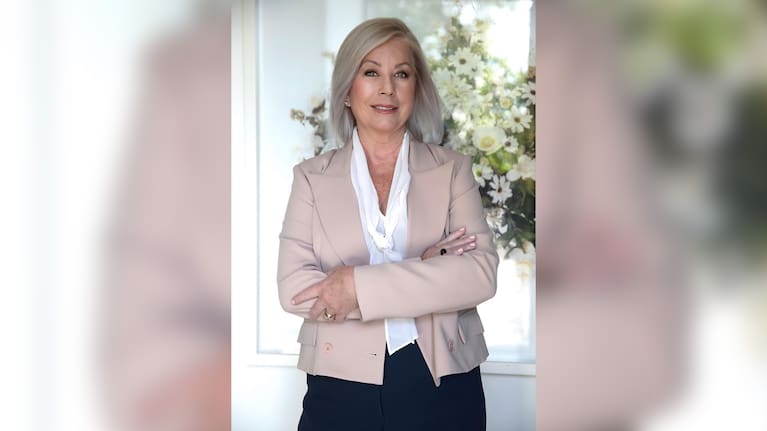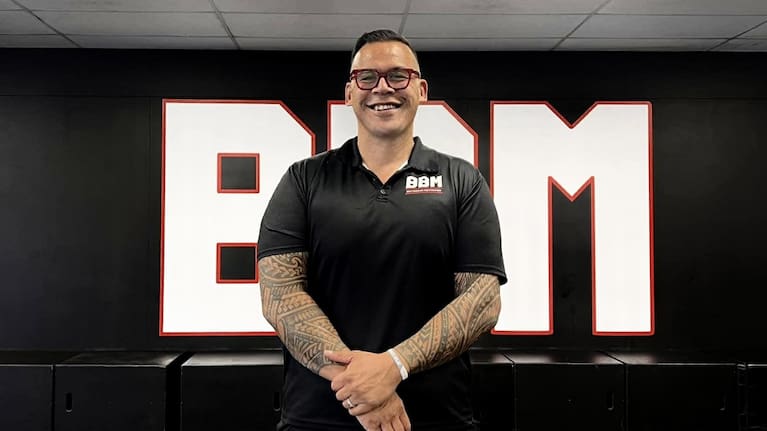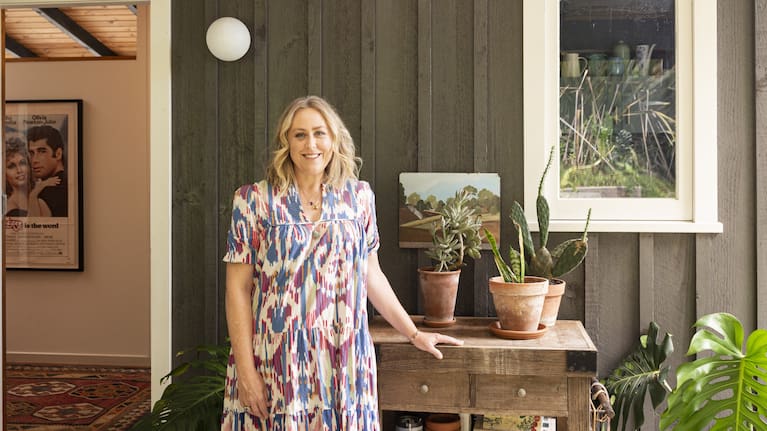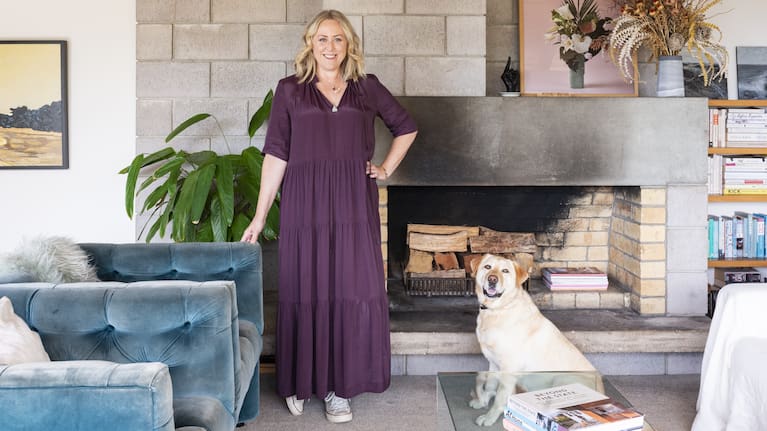The Facebook founder has called for more ‘masculine energy’ in the corporate world. But what is that exactly? And is it missing here? By Emily Simpson
If business is about the bottom line, it’s hard to argue that Mark Zuckerberg doesn’t know what he’s doing. The Facebook founder and Meta CEO is worth US$211.8 billion. He owns a US$900,000 watch, a US$300m yacht and an embarrassing percentage of the world’s collective attention span.
Last week, the man essentially controlling the eyeballs of almost half the planet’s population took some bold steps, announcing that Facebook would be relaxing its hate speech policies, losing its fact checking department and that Meta (which owns Facebook as well as Instagram, Threads and Whatsapp) would dissolve its DEI (diversity, equity and inclusion) programmes, designed to ensure the company employs those from often underrepresented or minority groups.
Following these controversial moves twere Zuckerberg’s comments to Joe Rogan in which he said the corporate world had become “neutered”, was in need of more “masculine energy” and should “celebrate the aggression a bit more”.
ADVERTISEMENT
Media outlets around the world have reacted to Zuckerberg’s comments, calling him Trump’s puppet and questioning his concept of masculinity. But what do business people here in New Zealand think? Does our corporate culture need more masculine energy? We asked a few.

Deborah Pead, founder and executive chair of communications and PR agency Pead.
It’s hard to imagine anyone meeting the poised and immaculate Deborah Pead and having the nerve to ask her to toddle off and make a pot of tea. Especially in a boardroom.
But that’s what used to happen, when Pead, now one of New Zealand’s best known PR strategists, entered the corporate world in South Africa in the 1980s. She was working for a large retail chain in an atmosphere that sounds far from neutered.
“It was all about being dominant, an authority, I’m-the-boss-so-you-will-listen-to-me, there were hints of aggression, a lot of control, it was very competitive, a win-at-all-costs approach… And don’t get me started on the man-spreading in meetings, it was one remove from beating a hairy chest. And they were dismissive of women.
“I’ve had men take credit for my work. I’ve been asked in meetings to go and get the tea.”
ADVERTISEMENT
The young Pead rose to the position of head of communications – something that didn’t appear to please everyone. She recalls getting side-eye from male colleagues in the carpark when they clocked her company car. “We’re talking a Toyota Corona, not a BMW,” she says. “But it wasn’t a Corolla and I remember the men were quite shocked that I was driving a so-called executive car. They thought I was punching above my weight.”
Pead saw her ascent had limits. “I just realised there was no way I was going to go any higher in this male-led, male-dominated organisation. I left and started my own business.”
Pead now employs 30 staff and represents a long list of local and multi-national brands such Nespresso, BMW, AIA insurance and Ports of Auckland.
That’s given her a bird’s-eye view of a huge cultural shift in the workplace. “When I look around our own office, both the men at Pead and our male clients, I see how we’ve really evolved as a society.”
There’s still a lot of masculine energy in the corporate world, she says, but it’s not ascribed to any particular gender, and it takes a different form. “I work with women who show bucket loads of masculine energy, but today that energy is a lot more collaborative… In the 80s emotion was considered a weakness, not anymore.”
It’s not only office interaction that’s changed, she says. But the actual approach to business. “We don’t take massive risks, we think more strategically… I welcome it, I love the evolution of leadership.”
In his comments to Rogan, Zuckerberg took pains to stress that he also valued feminine energy and that what he advocated was a dialling back of the concept that masculinity was “toxic”.
ADVERTISEMENT
But for Pead, it’s too soon to suggest that there’s been some kind of feminist over-correct against sexism that needs reversing. “There’s still an imbalance against women. We still have a gender pay gap. Women are still nervous to walk home alone after dark.”
She’s wary of a return to the kind of culture she encountered 45 years ago. “I like the fact that the men that I work with are kind, caring and sensitive. Assertive but not controlling. Some things need to stay in the 1980s.”

David Letele, founder of the BBM Program of free bootcamps and motivational speaker
David Letele has surely witnessed more overt displays of traditional masculinity in his lifetime than most people. Not only has he been a professional rugby league player and boxer, but he grew up in a gang environment (his dad was once the Auckland president of the Mongrel Mob). Still, the topic of masculine energy doesn’t particularly interest him.
“It’s just a weird comment eh?” he says of Zuckerberg’s remarks.
“We need more people in power, CEOs or whatever, to have that energy of ‘hey, let’s help others,’” he says. “It doesn’t matter whether its male or female to be honest.”
ADVERTISEMENT
“I grew up in a gang sort of world but I grew out of that macho thing as I guess most people do. When I was boxing I played a really macho kind of character, who threw tables and stuff – but that was so far off what I was like.
“There’s nothing wrong with being confident but there’s a fine line between that and arrogance. And if people are following you, use that for good in helping others. Leadership is not always from the front with your chest out. ”
Letele believes Zuckerberg’s comments are of limited relevance to the New Zealand business world.
“These guys, they’re out of our normal people world, they’re in their own bubble. Nothing wrong with that, but…”
He returns to his core interest. “There are people that need a hand. People think that all people have the same choices but they don’t. These people [Zuckerberg et al] are so rich. I say focus your energy on sharing the wealth, helping those at the bottom.”

Kirsten Matthew, founder of content, social and branding agency Mabel Maguire
ADVERTISEMENT
When Kirsten Matthew started her own business, she made the executive decision to only hire women. Nine years later she has stuck to that policy and Mabel Maguire is thriving – even in an economic downturn. “I kept waiting for it to go pear shaped and it never did.”
And while there might not be men in the Mabel Maguire office, there is, Matthew says, no shortage of what might termed masculine energy. “If Mark Zuckerberg was to go into a meeting with me, he would feel that I have masculine energy. I don’t really subscribe to the idea of aggression in the workplace but I do exhibit a really strong belief in the quality of my opinions and I can be quite forthright when it comes to work. Those are all natural attributes for me.”
If anything, she says, it’s the more “feminine” qualities she’s had to make an effort to cultivate as a leader. “Active listening, ability to collaborate, empathy, sharing the achievements and the glories – some of those have come naturally and some I’ve learned over time to tap into a bit more.”
And it was those softer qualities that enabled Matthew to increase her client roster, even in the dumpster fire that was 2024. “Last year was so difficult for so many of our clients and the empath in me thought I don’t want these people spending money they can’t afford.”
And so Matthew told some of her regular clients that they didn’t need to pay their usual monthly retainers. “Masculine energy would never have done that; it’s more ‘you’ve gotta pay your bills’. I dealt with it in a different way and our business actually increased. People called and wanted to talk about spending more to get better results. That wasn’t my intention but those soft skills paid off and maybe that’s about where we are as a culture. Communicating that you understand is of benefit to the bottom line.”

Matthew finds Zuckerberg’s comments baffling. “Why is he doing this? It’s an evidence-based fact that the most successful leaders have soft skills such as empathy and listening. We’ve all worked for someone who doesn’t have those skills and we’ve all suffered under them.”
ADVERTISEMENT
If Zuckerberg’s comment reflect a cultural swing back towards a more traditional view of corporate culture, Matthew says it only reinforces the value of her all-female staff policy.
“I employ women because they’re f***ing great at their jobs but also because it’s also one small area of the world that I have agency over and I can do whatever I want.
“As women, if we don’t cultivate these little ecosystems that support each other to thrive we’re not going to have the collective resistance.
“And as a woman of a certain age, I’m grateful that I can’t be made redundant, unless I make myself redundant.”
This post was originally published on here







